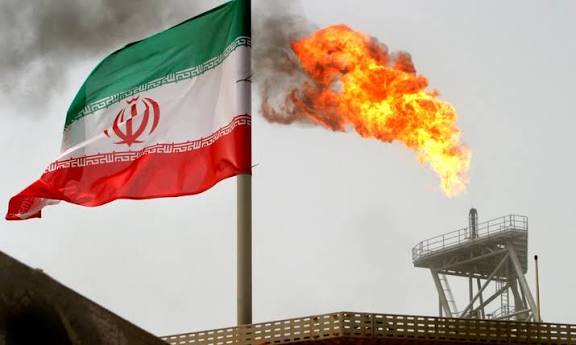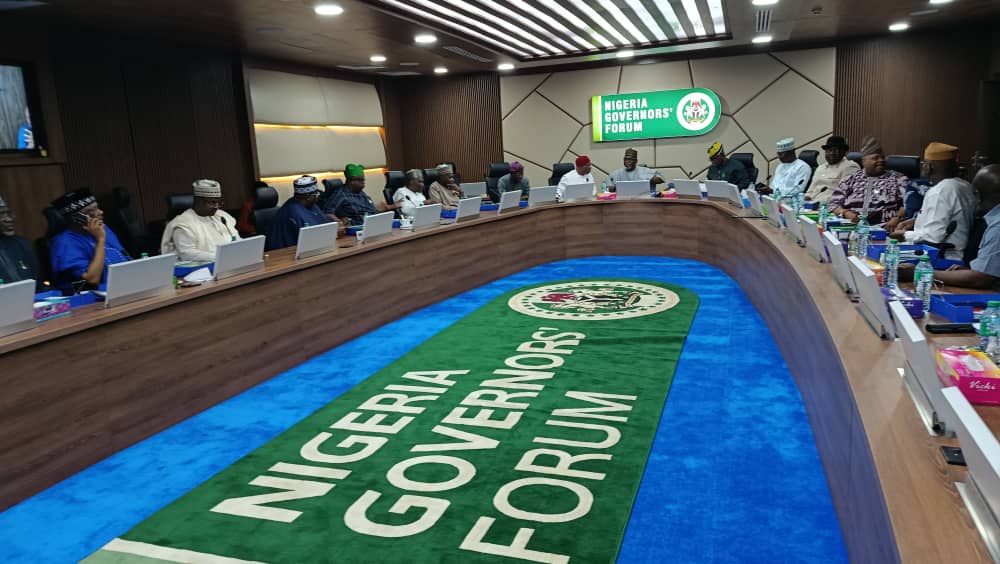Nigeria’s top telecommunications firms have commenced major network upgrades, deploying $1 billion worth of equipment sourced from Chinese manufacturers to address persistent service quality challenges.
The Nigerian Communications Commission confirmed that shipments have begun arriving, as mobile operators aim to meet a year-end deadline for delivering substantial improvements in service delivery, according to The Punch.
The ordered equipment have started arriving since early June, and deployment has already started in earnest by the Mobile Network Operators,” NCC Executive Vice Chairman Aminu Maida said.
“They are on course to meet the Q4 deadline for significant Quality of Experience enhancements.”
This large-scale investment marks a pivotal moment for Nigeria’s telecommunications sector, which has struggled with financial constraints and years of underinvestment in infrastructure.
The $1 billion spend more than doubles last year’s capital expenditure and reflects renewed industry momentum following the Nigerian Communications Commission’s approval of a long-anticipated 50 per cent tariff increase in early 2025.
The tariff review—Nigeria’s first in over a decade—was implemented to help telecom operators manage escalating operating costs, which have risen by over 300 per cent in the past ten years due to inflation, high energy prices, and foreign exchange challenges.
With improved financial flexibility, operators are now reinvesting in critical network upgrades, including expanding 4G coverage and preparing for wider 5G rollout. The Executive Vice Chairman of the NCC confirmed that all major operators have submitted deployment strategies, with the Commission actively monitoring their progress.
“Nigerians can expect clear improvements in service quality by year-end, given the country’s vast size and complex network deployment challenges. Telcos are committed to their Q4 2025 network enhancement plans, backed by significant investments in cutting-edge technology to meet rising digital service demands,” the regulator noted.
Network upgrades and service improvements take time because the right equipment has to be imported, and they have to be deployed across the country, which is a significant undertaking given the vastness of Nigeria’s landmass.
“As the regulator, we are steadfast in holding them accountable for consistent progress,” the EVC assured.
The ongoing upgrades are expected to significantly ease network congestion, enhance call quality, and increase internet speeds for Nigeria’s 160 million telecom subscribers. As part of the broader improvement strategy, rural communities—long plagued by limited or non-existent coverage—are also set to benefit.
The NCC expressed optimism that this wave of infrastructure investment will be instrumental in advancing Nigeria’s digital economy, currently valued at over $75 billion, by driving higher broadband penetration and delivering a better user experience nationwide.
“The commission will maintain oversight and engage with stakeholders as needed to ensure success,” Maida added.
Prior to the recent capital injection and policy reforms, Nigeria’s telecom sector was under severe financial pressure, with operators warning that outdated infrastructure and escalating costs were eroding service quality.
For years, telecom companies consistently raised concerns about the declining state of their networks, citing harsh macroeconomic conditions that constrained their ability to invest in upgrades or carry out essential maintenance.
At the peak of the sector’s challenges, thr Chairman of the Association of Licensed Telecom Operators of Nigeria, Gbenga Adebayo, suggested implementing service “load-shedding”—a form of rationed connectivity—as a last resort to cope with widespread site outages and operational constraints.
Meanwhile, the President of the National Association of Telecommunications Subscribers, Adeolu Ogunbanjo, hailed the ongoing network upgrade as a positive development that reflects the long-standing demands of millions of telecom users across the country.
“Quality of service is what subscribers and indeed Nigerians at large, truly need,” Ogunbanjo stated. “It is encouraging to see the NCC taking the lead on this. This is a major boost for one of the biggest sectors contributing to the country’s economy.”
He noted that the timing of the upgrade is ideal, particularly given the sector’s improved financial liquidity.
According to him, the recent resolution of long-standing USSD debts by banks, along with the federal government’s approval of a 50 per cent tariff increase, has created the right conditions for telecom operators to reinvest significantly in infrastructure and enhance service delivery.
“Now that the banks have settled their debts to the telcos for USSD services, the operators have some breathing room. Combined with the government-approved tariff adjustment, there are now funds to make things happen,” he said.








